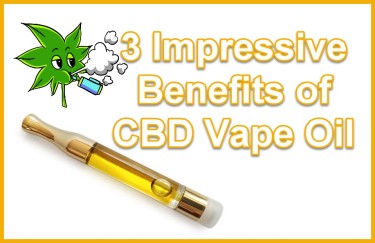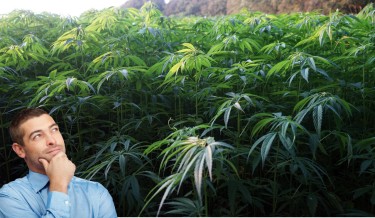Cannabis News
Three Myths and Three Facts on the HUGE Marijuana Rescheduling Recommendation
Published
8 months agoon
By
admin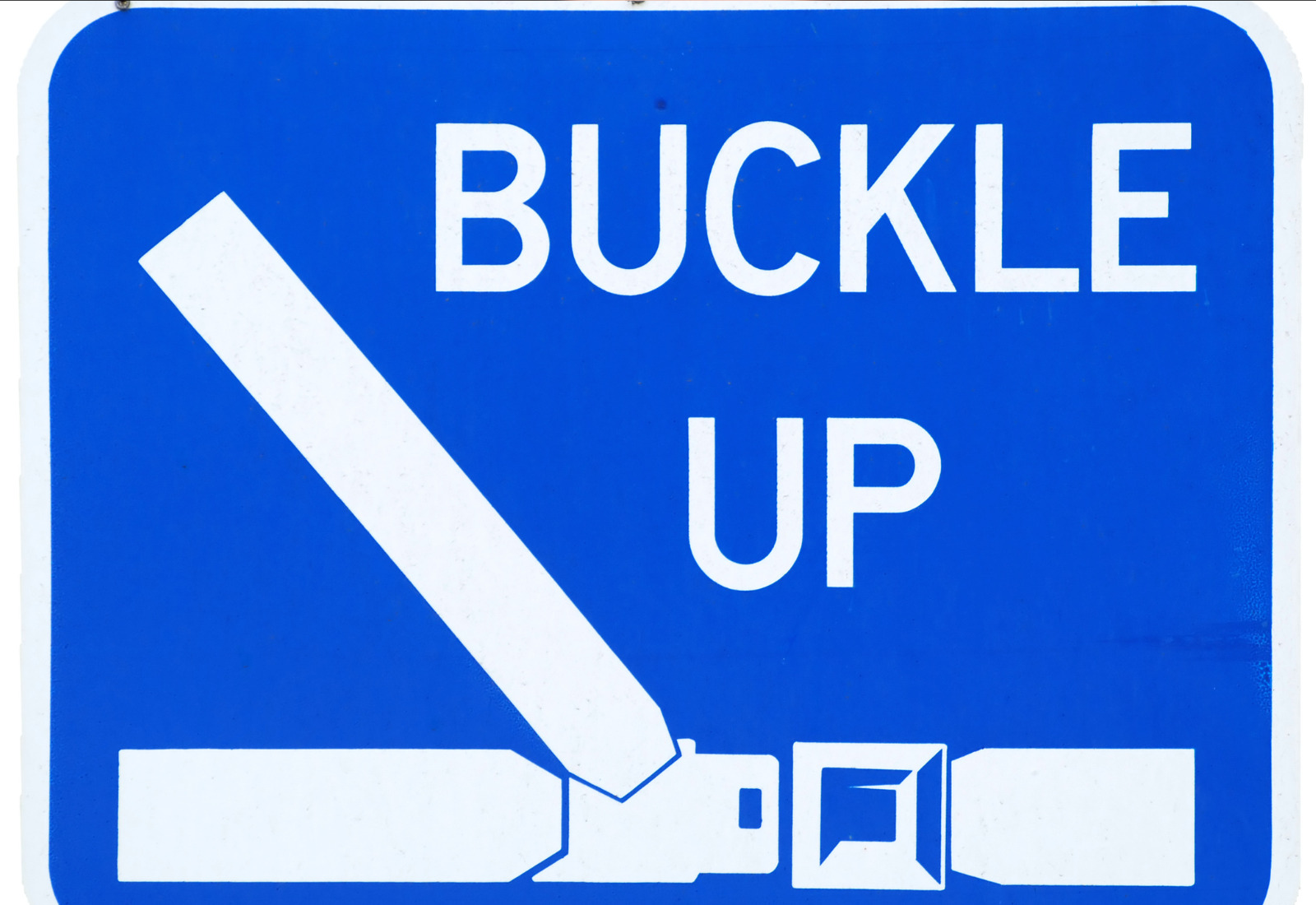
Huge news yesterday. Huge! The U.S. Department of Health and Human Services (HHS) has officially recommended that marijuana be rescheduled, from Schedule I to Schedule III of the federal Controlled Substances Act (CSA). This means that the country’s top health agency has finally conceded that cannabis has medical value, and isn’t a drug of abuse on par with fentanyl or heroin. We haven’t yet seen the HHS letter so we’re not sure what changed from the last “medical and scientific” evaluation undertaken by the Food and Drug Administration (FDA) and HHS in 2015, but hey, we’ll take it.
Griffen Thorne in our office recently predicted that administrative action, and not Congressional action, would be the course of reform at hand. Kudos to him and others who shared that view. Rescheduling is not the best possible outcome, however. It’s really not. We’d like to see marijuana descheduled entirely, like alcohol or tobacco– which are demonstrably harmful substances. Still, moving marijuana down to Schedule III would be monumental progress.
The internet is full of hot takes on yesterday’s news, of course. They range from 0% accurate to 100% accurate. This blog post aims to dispel a few myths around rescheduling, and trot out some interesting facts.
Myth 1: It’s a done deal
It’s not a done deal! This all looks pretty good right now, but the Drug Enforcement Administration (DEA) has final say on whether to schedule or reschedule marijuana following the HHS recommendation. As an HHS spokesperson explained:
“While HHS’s scientific and medical evaluation is binding on DEA, the scheduling recommendation is not. DEA has the final authority to schedule a drug under the CSA (or transfer a controlled substance between schedules or remove such a drug from scheduling altogether) after considering the relevant statutory and regulatory criteria and HHS’ scientific and medical evaluation. DEA goes through a rulemaking process to schedule, reschedule or deschedule the drug, which includes a period for public comment before DEA finalizes the scheduling action with a final rulemaking.”
Here, the spokesperson is paraphrasing the CSA at 21 USC § 811(b). That CSA section references the Attorney General (AG) rather than DEA (and refers to the AG only as a “he”, embarrassingly). In any case, the DEA Administrator reports to the AG (through the Deputy AG). The HHS spokesperson is ultimately correct that DEA will have to instate rulemaking. The AG could then reschedule.
So, will DEA actually commence the rulemaking process? It seems inconceivable that DEA wouldn’t, but DEA has taken many bad positions on controlled substances over the years. This includes ignoring orders from its own administrative law judges to reschedule marijuana back in the day. Without having seen the HHS letter, I strongly believe that DEA will commence rulemaking to reschedule marijuana to III. Biden himself requested this HHS review, after all, for better or worse.
A couple of other, very important questions include: Will DEA drag its feet? How long will the rulemaking process take? What will the proposed rule actually say? How much testimony will be entertained, and from whom? Will the rulemaking be litigated? I could go on. Overall this is not a done deal, and although it feels imminent, this may take some time.
Myth 2: State marijuana businesses would be clear of federal enforcement
Nothing is going to change here, legally speaking. Practically speaking, same story: not much will change on federal enforcement exposure. This is because moving marijuana to Schedule III would have no effect on the federally verboten status of state-licensed marijuana businesses. These businesses would still be in violation of federal law if the AG reschedules, similar to any other business selling Schedule III drugs like methamphetamines or anabolic steroids. For a fuller analysis, check out this old chestnut from 2016.
But would moving marijuana to Schedule III make the risk of federal enforcement even more unlikely? I suppose. Truth be told, we haven’t worried much about federal law enforcement against state-licensed cannabis businesses since the days of notorious cannabis dingus Jeff Sessions. Moving the plant to Schedule III can’t hurt, though.
The only way state-licensed cannabis businesses will become insulated from all risk of federal enforcement is for marijuana to be removed from the CSA entirely, as half of Congress has voted to do and as Senators have recently petitioned the Attorney General to do (citing yours truly). Let’s hope we get there eventually.
Myth 3: Marijuana businesses would be taxed like other businesses
This is almost correct. If marijuana goes to Schedule III, the margins-crushing statute known as IRC § 280E would not apply, and the cannabis industry would change forever. That said, state-level taxation of cannabis will not change. Or, it may change for the worse, as states feel emboldened to raise cannabis-related taxes in the absence of § 280E.
Do states tax cannabis heavily? Yes they do. Although several states have passed laws designed to mute the effects of § 280E at the state return level, most states (and many cities and counties) levy significant taxes on cannabis in some form or other. These taxes usually accrue at the point of sale and are borne by the consumer. They are designed to raise prices, however, and place downward pressure on sales. For that reason, cannabis businesses tend to oppose them.
Still, I cannot emphasize enough that removal of § 280E would change the industry forever. Having worked with cannabis businesses for 13 years, I view taxation as the largest affront to marijuana businesses— more than banking access, intellectual property protection problems, lack of bankruptcy, you name it. This would be HUGE.
Fact 1: Marijuana rescheduling would give industry more leverage with investors
The cannabis industry is depressed and starved for capital. The last big investment spike came in on the COVID wave; since that point equity has been cheap and investors hold all the cards. With § 280E gone, many struggling cannabis outfits should begin producing better financial statements. The most efficient cannabis businesses would look sexy as all get-out.
Cannabis businesses also would have an easier time explaining their models, and we’d see fewer people scheming to do things like move to Puerto Rico or build these types of rats’ nests. It is also worth noting that U.S. small business lending has held up recently despite higher costs of credit. More of those available dollars could flow to cannabis businesses. They would have more value overnight (the pubcos already got a jolt), and should be able to generate financial statements on par with other industries.
Fact 2: Marijuana rescheduling wouldn’t fix the banking thing
The banking thing will not be fixed. At Schedule III, marijuana would still be a controlled substance and state-licensed businesses would still be “trafficking” in a controlled substance, contrary to federal law.
As someone who has advised many banks and credit unions on cannabis, including the federal government, I’m here to tell you that the analysis for financial institutions won’t fundamentally change. We need the perpetually stalled SAFE Banking Act or some other act of Congress to fix this, so long as cannabis remains on any CSA schedule. Even if marijuana is moved to Schedule III, cannabis businesses would be stuck with current options (which aren’t as bad as advertised.)
Fact 3: Marijuana would become easier to research, and subject to the morass of health care regulation (kind of)
These are probably two different facts. Oh well. Due to its Schedule I status, marijuana has always been incredibly difficult to research (see: How to Study Schedule I Controlled Substances). That paradigm changed a bit with passage of the Medical Marijuana and Cannabidiol Research Expansion Act last July, but a move to Schedule III would open the floodgates. Substances on lower schedules are simply more accessible from a DEA licensing perspective.
Related to this, the plant would “officially” have medical value if placed on Schedule III. That would be great and not so great. As a law firm with a substantial ketamine practice, for example, we’ve seen how the morass of health care regulation is brought to bear on controlled substances fit for medical use (ketamine is also a Schedule III drug). Granted, ketamine is an FDA approved drug, but the classification of a substance as something with medical value opens the door to any number of opportunities for medical application and attendant regulation.
The cannabis industry has always been worried about Big Pharma moving in. That fear has been somewhat irrational in my view, especially given the size and staying power of the non-pharmaceutical market. With a Schedule III placement, however, we would see more FDA drug development opportunities, which means more FDA drugs, which means off-label uses, etc. Expect to see a dual-track market for cannabis going forward, including an intensive regulatory structure.
Wrapping up on marijuana rescheduling
Again, really great news. In the absence of descheduling we’ll gladly take it. Keep your fingers crossed for a smooth and speedy process. In the meantime, we’ll continue to share thoughts and track this crucial development, as I’m certain we’ll have much more to say in coming weeks and months. For now, it’s time to celebrate!
You may like
-
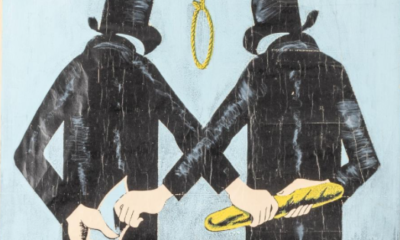

What To Call The Illegal Marijuana Market
-


Pakistan Makes Positive Move On Cannabis
-
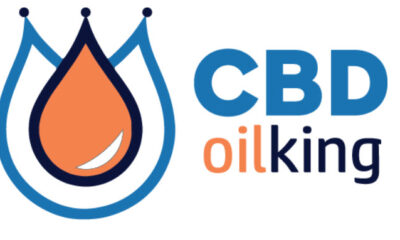

The Dangers and Effects of THC Vape in UK
-


How to Buy or Sell a Cannabis Business: The Webinar Replay
-
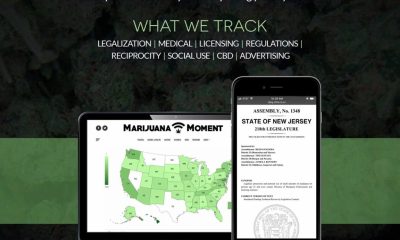

Alabama Senator Calls State Medical Cannabis Commission A ‘Money Pit’ Amid Ongoing Litigation
-


Is Thailand about to Change Their Cannabis Laws Yet Again?
Cannabis News
The Dangers and Effects of THC Vape in UK
Published
6 hours agoon
May 8, 2024By
admin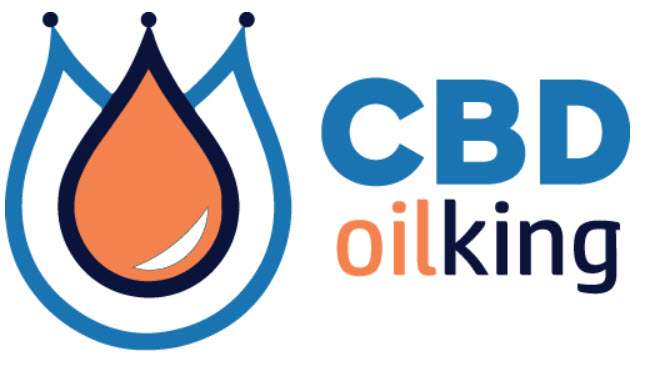
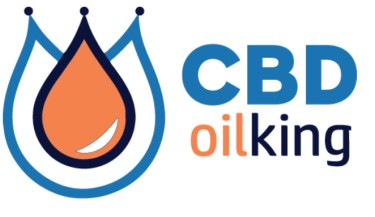
People in the UK increasingly realize that CBD vaping is quite safe. Even NHS recommends CBD vaping as one of the relatively safer ways to quit smoking. Vaping is not without any harm, but it is much safer than tobacco smoking. Even more, CBD vaping is associated with some good health effects. However, now people are realizing that THC vape pens could be an even more potent way of enjoying CBD’s health benefits.
What is THC Vape?
If readers noticed that in the introduction of this text, we talked about CBD, there is a reason for that. THC vaping is different from CBD vaping, but not entirely. It has much in common with it.
The hemp plant is rich in many cannabinoids. Two major cannabinoids are THC (Tetrahydrocannabinol) and CBD (Cannabidiol). It also has many minor cannabinoids in smaller amounts, like CBG, CBC, CBN, THCV and CBDV. CBD vape pens generally have all these compounds except THC.
However, THC vape differ in the way that they also contain small amounts of THC along with CBD, minor cannabinoids, and other beneficial organic compounds like terpenes for added flavour and enhanced vaping experience.
So, why do some of the vape pens have added THC in small amounts? After all, THC is known to be addictive and has mind-altering properties. Well, the explanation is simple: the secret is in the dosage. In smaller and legally permitted dosages, THC does not cause a high; it is safe and can have many health benefits.
When small amounts of THC are added to CBD, minor cannabinoids, and terpenes, it results in much more powerful health benefits. That is why some of the CBD-based clinically approved drugs also contain THC.
THC vape pens may also have some distinct benefits not experienced with CBD vape pens. This is due to “the entourage effect.” The entourage effect is a bit different from synergy. Synergy is like two-plus-two equal to five, meaning that using some compounds together results in a more potent effect, yet safety is not compromised. However, the entourage effect means combining two compounds may result in some unique health benefits not seen when those compounds are used in isolation. So, the entourage effect is more powerful and unique than synergy.
Therefore, using THC vape pens means some unique health benefits, although these vape pens contain THC in small amounts.
THC Vape: The Dangers
It is no secret that THC is the main compound responsible for all side effects of the cannabis plant. This substance is addictive and, at higher dosages, causes euphoria, has potent mind-altering properties, and may cause hallucinations.
However, there is one important thing to understand. All these effects of THC are seen at much higher dosages than those in legally produced THC vape pens.
Legally produced/sold vape pens in the UK, like those by CBDoilking, do not contain THC more than 0.2%. This is significantly lower than cannabis indica or marijuana, which may contain 25% or even more THC. So, there is no comparison between legal THC vape pens and marijuana. At these small dosages, THC does not cause euphoria or other side effects and has no addictive properties. It only has mild stress-relief properties at these dosages.
Secondly, THC vape pens sold by CBDoilking follow other important UK guidelines and legal requirements, which means that THC vape pens cannot contain more than 1 mg of THC. Hence, it is not just about low concentration but also about low amounts, thus ensuring its safety.
Safe and Potent THC vape pens
THC vape pens are for health-conscious individuals who would like to vape on a regular basis. It is safe and may have beneficial effects like reduced anxiety, improved mood, and enhanced sleep, and it may also help reduce pain sensation.
THC vape pen is even better than your regular CBD vape pen for quitting smoking. This is because it is better at reducing tobacco cravings.
CBDoilking sells one of the strongest THC vape pens in the market (75-80% CBD plus CBG along with THC in permitted amounts), and yet all pens sold on the platform follow strict legal guidelines. All the products undergo third-party testing and are proven to contain THC, CBD, and other minor cannabinoids within legally permitted and safe limits.
Another good thing about CBDoilking is that these excellent THC vape pens come in many flavours. These flavours are not due to some artificial substances but rather due to their content of terpenes. Terpenes are plant-based aromatic compounds with antioxidant and anti-inflammatory properties.
CBDoilking offers vapes that are based on science, combining different natural compounds in the right ratio. This is both about safety and potency. So, these products are really good for those looking for something better, potent, and yet safe.
The Bottom Line
CBD vape pens have been around for some time, and their safety is well-established. They are an excellent way to quit smoking and also enjoy CBD’s health effects. However, some people are looking for something more potent. THC vape pens are good for such individuals. These contain all beneficial compounds present in the cannabis plant but in the right proportions.
THC vape pen is a new way to enjoy vaping. It is unlikely to cause any side effects as these products are made for regular use. Of course, one should not overdose on THC or CBD. It is important not to have more than a few puffs a day. Rare side effects like nausea or stomach issues might occur but are transient and short-lived. Such issues are rarely the cause of concern, except in a very small number of cases.
Thus, if you are looking for something better to reduce stress and overcome pain and anxiety, then a THC vape pen may be the right choice. Choosing something strong like the one offered by CBDoilking may be a good idea. Despite being strong, these vape pens contain THC only in legally permitted amounts and in concentrations proven to be safe and not cause euphoria.
To sum up, if you are already an experienced CBD vaper, it may be a good idea to give THC vaping a try.
CBD VAPE OIL SAFETY, READ ON…
Cannabis News
How to Buy or Sell a Cannabis Business: The Webinar Replay
Published
6 hours agoon
May 8, 2024By
admin
For anyone who wasn’t able to join us on April 17th, the video replay of our webinar titled “How to Buy or Sell a Cannabis Business” is now available on our website. You can view it here.
The description of this webinar is also included directly below. Enjoy!
____
On Wednesday, April 17, 2024 at 12:00 pacific time, Harris Sliwoski managing partner Vince Sliwoski (Portland), Harris Sliwoski partner Griffen Thorne (Los Angeles), and Andy Shelley of CannXperts will present a free webinar entitled “How to Buy or Sell a Cannabis Business.”
Drawing on their extensive experience from representing businesses and entrepreneurs across numerous M&A transactions, including crucial state license transfers throughout the United States, our panelists will share insights and practical wisdom from their firsthand experiences in the legal cannabis industry.
- Crafting and understanding Letters of Intent
- Conducting thorough Due Diligence
- Drafting and Negotiating purchase agreements and ancillary documents
- Navigating State-Specific Regulatory Concerns
- Managing Escrow Challenges
- Optimizing Financial Arrangements: Purchase Prices, Holdbacks, Earnouts
- Tackling Post-Closing Considerations
As always, we’ll also take Q&A, so please feel free to either submit questions when registering or you will be able to ask comments in chat during the webinar.
Cannabis News
Is Thailand about to Change Their Cannabis Laws Yet Again?
Published
7 hours agoon
May 8, 2024By
admin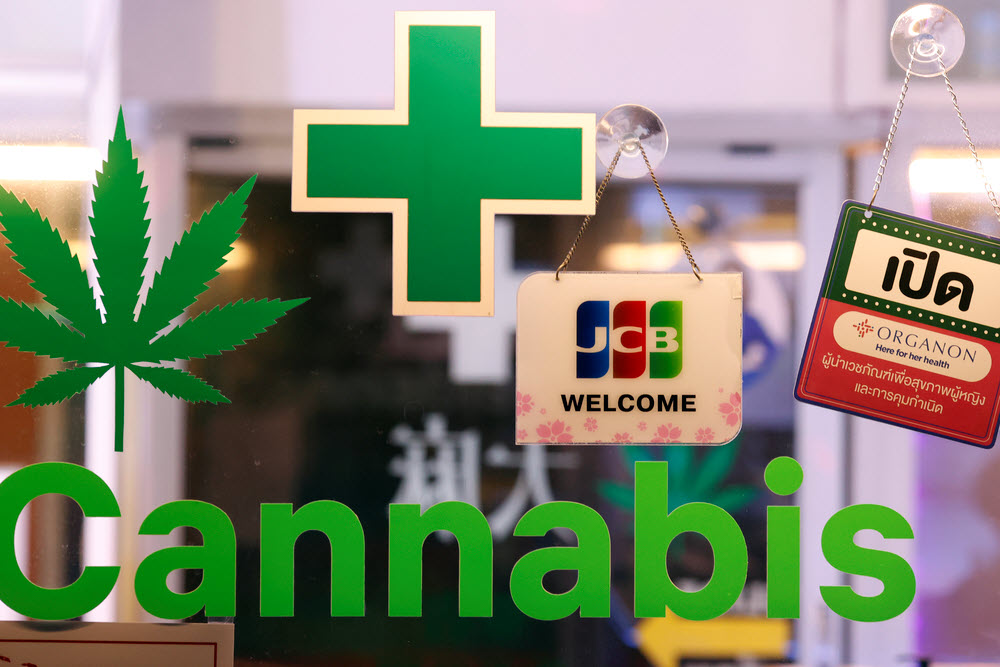
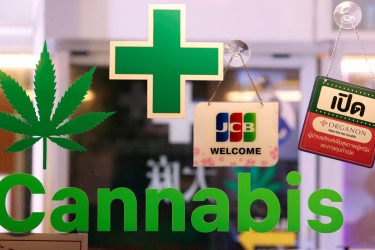
Thailand To Change Weed Laws Soon?
It’s Still Weed Paradise Right Now, So Go If You Can
Sure, weed is already legal in most of the United States.
However, for people who are in need of a holiday and want nothing to do but relax on a tropical Asian beach while enjoying a joint, the best place is still Thailand. Or at least, for now. Last June 2022, Thailand became the first nation in Asia to legalize marijuana for recreational purposes, albeit due to some governmental loopholes that allowed adult-use dispensaries to pop up like weed around the country.
Just a few days after weed was legalized, budding (pun intended!) entrepreneurs put up all kinds of weed shops and dispensaries. The smell of marijuana was soon prevalent all over, whether you were walking down a street in Bangkok or sunbathing in Phuket. These days, weed shops are as common as ATM machines or bubble tea kiosks.
We aren’t sure how long this is going to last. Over the last 1.5 years, throngs of tourists have come from all over the world to enjoy the globe’s newest weed haven. And while many cannabis businesses and farmers are thriving economically from the weed boom, some government officials are against it. As of the time of writing, the Thai government is working on regulating the cannabis industry much more tightly, so much so that smoking weed may not be such a liberal act to enjoy anymore.
Could Thailand’s weed heydays be this short-lived?
According to the news, Thailand’s health minister is set to ban recreational marijuana use completely by year end. A new bill is forecast to be discussed to parliament before session ends in October. Anutin Charnivakul, the public health minister responsible for initially proposing cannabis legalization, didn’t intend for weed to be as widely sold and consumed as it was. Instead, he explained that he merely intended for it to be used medicinally, helping farmers and other industries earn from the economic benefits of cannabis legalization.
“We have always emphasized using cannabis extractions and raw materials for medicinal purposes and for health,” he disclosed to CNN back in July 2022. “There has never once been a moment that we would think about advocating people to use cannabis in terms of recreation – or use it in a way that it could irritate others,” he added.
They likely did not anticipate or foresee that the tourism sector would experience a massive boom due to the said loopholes in cannabis law. Nobody knew that thousands of tourists would be coming from all over to enjoy partaking, and, helping to boost the tourist economy which was much-needed after the pandemic.
In a Reuters interview with Public Health Minister Dr. Cholnan Srikaew, he says that marijuana will only be permitted for medical use. Recreational users and cannabis growers who do not have a permit can expect to be charged with heavy fines, if the new bill is passed. “Under the new law, cannabis will be a controlled plant, so growing it would require permission. We will support cannabis cultivation for the medical and health industry,” he told Reuters.
The fines they are discussing are certainly steep: in the draft bill, it states that penalties of up to $1,690 can be charged to recreational users. Meanwhile, individuals who are caught selling weed or advertising its use can face a file of as much as $2,770, jail time, or even both.
The news to change Thailand’s once-ideal regulations regarding cannabis use was announced a few months ago, leaving businesses and other industries that are reliant on it, afraid and unable to make any plans for the future.
Can Tourists Still Smoke Weed In Thailand?
Until the government announces final changes to the weed law, tourists are still welcome to smoke weed and partake of recreational marijuana in various forms throughout the country. I just came from spending a few days in Bangkok, the nation’s capital, where hundreds of weed shops are still flourishing throughout the massive city.
Dispensaries are designed in fun, colorful interiors using bright colors and world-class marketing to attract smokers and consumers. We’ve walked into several different kinds of dispensaries and had no problems buying flower, edibles, vapes, and a variety of paraphernalia to consume either in the dispensary or in our hotel room. However, you do have to keep in mind that there are still rules in place.
For one, vaping or smoking weed in public places is still prohibited. Don’t be tempted to light up on the streets even if you can smell weed, because getting caught by the cops can lead to a $700 fine. That said, there are certain areas in Thailand where the law is a bit more – uh, relaxed. For example, in the backpacker central of Khao San Road, it’s not uncommon to see tourists lighting up at night. In the tourist beach areas of Krabi and Samui, there have been reports of tourists being able to easily light up a joint on the street with no problem.
Again, there’s no timeline of how long this is going to last. So if you can go to Thailand before the year end, when the new laws are expected to be set in place, go!
THAILAND AND LEGAL CANNABIS, READ ON..

What To Call The Illegal Marijuana Market

Pakistan Makes Positive Move On Cannabis

The Dangers and Effects of THC Vape in UK
How to Buy or Sell a Cannabis Business: The Webinar Replay
Alabama Senator Calls State Medical Cannabis Commission A ‘Money Pit’ Amid Ongoing Litigation

Is Thailand about to Change Their Cannabis Laws Yet Again?

Does Lizzo Consume Weed – The Fresh Toast

Do Delta 8 Edibles Work For Female Arousal?

Could You Help Your Lips With CBD Balm

California Awards $12 Million In Local Cannabis Equity Grants To Repair Drug War Harms

Distressed Cannabis Business Takeaways – Canna Law Blog™

United States: Alex Malyshev And Melinda Fellner Discuss The Intersection Of Tax And Cannabis In New Video Series – Part VI: Licensing (Video)

Drug Testing for Marijuana – The Joint Blog

What you Need to Know

Cannabis, alcohol firm SNDL loses CA$372.4 million in 2022

NCIA Write About Their Equity Scholarship Program

City Of Oakland Issues RFP For Employee Training Programs

It has been a wild news week – here’s how CBD and weed can help you relax

A new April 20 cannabis contest includes a $40,000 purse

UArizona launches online cannabis compliance online course
Trending
-

 Cannabis News1 year ago
Cannabis News1 year agoDistressed Cannabis Business Takeaways – Canna Law Blog™
-

 One-Hit Wonders1 year ago
One-Hit Wonders1 year agoUnited States: Alex Malyshev And Melinda Fellner Discuss The Intersection Of Tax And Cannabis In New Video Series – Part VI: Licensing (Video)
-

 drug testing5 months ago
drug testing5 months agoDrug Testing for Marijuana – The Joint Blog
-

 Cannabis 1011 year ago
Cannabis 1011 year agoWhat you Need to Know
-

 Marijuana Business Daily1 year ago
Marijuana Business Daily1 year agoCannabis, alcohol firm SNDL loses CA$372.4 million in 2022
-

 Education1 year ago
Education1 year agoNCIA Write About Their Equity Scholarship Program
-

 Education1 year ago
Education1 year agoCity Of Oakland Issues RFP For Employee Training Programs
-

 Cannabis1 year ago
Cannabis1 year agoIt has been a wild news week – here’s how CBD and weed can help you relax




